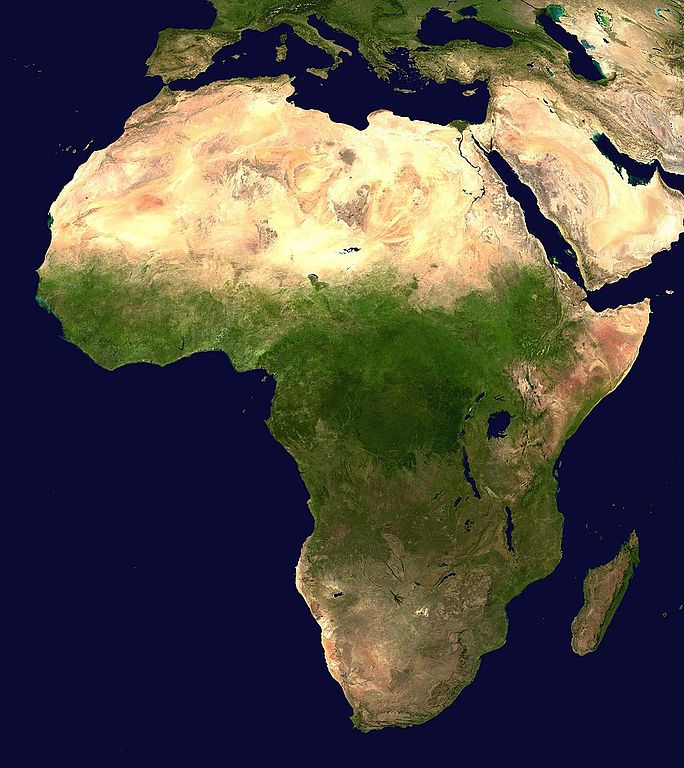Does Africa Present An Opportunity For The Chinese Clouds?
Africa is home to 20% of our planet’s land and 16% of its people, but none of the hyperscale public clouds run from data centers there — yet.

Microsoft will offer Azure from data centers in Cape Town and Johannesburg later this year, and Amazon recently announced plans to follow suit with an Amazon Web Services (AWS) region, scheduled to open near Cape Town in the first half of 2020. These two clearly lead the public cloud pack in North America and Europe, but the picture is more complicated elsewhere. In China, for example, Alibaba, Huawei, and Tencent are among those giving the North American clouds a run for their money.
Africa Is Looking Up
Countries across Africa face huge challenges, but there is also room for optimism. According to Unesco, primary school enrollment across sub-Saharan Africa more than doubled (to nearly 150 million) between 1990 and 2012. Ericsson estimates that mobile subscription rates stand at 82% of the population and continue to grow strongly, with 14 million new mobile subscriptions added in 2018. Mobile payment platform M-Pesa is used by 96% of Kenyan households and now operates in 10 countries. International agencies and local stakeholders provide investment and focus that is helping startups to emerge in Kenya, Nigeria, South Africa, and elsewhere across the continent. Rwanda seeks to become a hub for high technology in the region and “the Singapore of Africa.” A March 2018 report from the International Finance Corporation (a sister organization to the World Bank) identifies a number of related trends, with an IFC blog post noting that:
Digital solutions in health, agriculture, commerce, energy, and countless other industries have provided services where none had existed before. That is allowing several countries to “skip steps in the development ladder” to achieve rapid progress . . . “Technology spillovers, entrepreneur-driven innovation, and environmental and sustainability concerns are disrupting the traditional ways that technology is diffused” . . .
The China Connection
Africa is a target for Chinese attention and investment through programs such as the Belt and Road Initiative. Ports, highways, airports, railways, and more attract Chinese money, Chinese technology, and Chinese operating companies. At least one Chinese cloud provider, Huawei, is engaged with a number of these projects, providing connectivity and control systems to railways and other infrastructure through its networking and telecom divisions.
So China — and Chinese tech companies — already have an interest in Africa. Here, perhaps more than in North America or Europe, there is an opportunity for Chinese cloud providers to compete and pull ahead. Local African companies, governments, and startups carry less of the usual baggage in terms of technical debt to (mostly) US hardware and software providers. As in so much else, they are “skipping steps in the development ladder” and approaching cloud-based solutions without decades of accumulated complexity. Why wouldn’t they give a credible Chinese cloud just as much opportunity as they’d give an American one? Both will often represent a fresh start. Both offer opportunities, and both have the capability to grow as their new customers do.
Microsoft will be in South Africa this year. Amazon will join it down at the bottom of Africa in 2020. It would be surprising to me if at least one Chinese cloud didn’t also set up shop in Africa by then — perhaps further north, in areas where China already has interests. Kenya, maybe? Or Nigeria (the largest economy in Africa and growing fast)? What do you think?
